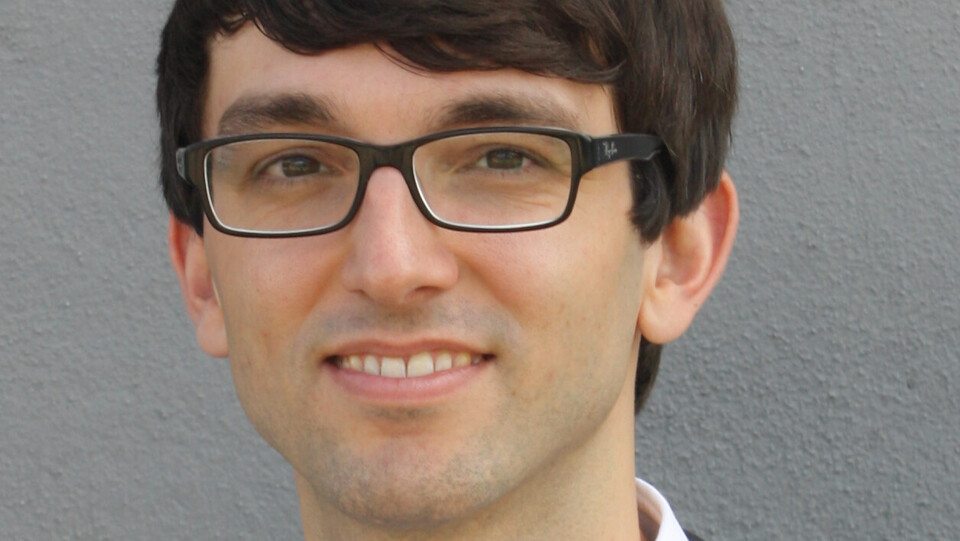Sebastian Stier – Professorship for Computational Social Science

Dear Mr Stier, welcome to the Faculty. Thank you very much for taking the time for this interview and allowing both students and the faculty public to find out a little more about you.
Why did you choose the University of Mannheim?
The professorship is special because it is a joint appointment between the University of Mannheim and the GESIS – Leibniz Institute for the Social Sciences, where I am also a department head in the Computational Social Science department. There are several joint appointments and successful research projects between the two institutions, especially in survey research. The professorship is a great opportunity to deepen these collaborations and expand them in the field of computational social science. The collaboration is particularly appealing to me because the Faculty of Social Sciences offers optimal conditions: a strong quantitative-empirical focus and distinguished colleagues with whom I would like to work. In addition, there is the interdisciplinary approach that is institutionalised in the Mannheim Centre for European Social Research (MZES).
What are your main areas of research?
Computational Social Science is still a young, interdisciplinary field of research at the interface between various social sciences, computer science and data science. Essentially, computational social science consists of two pillars: On the one hand, digital behavioural data, i.e. large data sets that we obtain from large online platforms or individual users. On the other hand, there is a set of methods that comes from computer science and allows this data to be analysed automatically on a large scale. One example would be natural language processing, i.e. the processing of language using computer-aided methods. I use these tools – i.e. new data and automated processes – to pursue my research agenda. My questions come from various fields, but mostly focus on the influence of digital media on social and democratic processes.
What subjects did you study?
I studied political science at the University of Heidelberg, where I also completed my doctorate. My research already focussed on digital democracy during my doctorate. However, the quantitative data I used was mainly aggregated macro data. They only provided limited insights into what is actually happening ‘on this internet’. For this reason, I taught myself methods of computational social science.
In 2016, I started as a post-doc at GESIS in the Computational Social Science department. Since then, the field has developed extremely well. And my research profile has grown along with the developments in the field, so to speak. I have repeatedly opened up new literatures – be it from political science, communication science or sociology – with computational social science methods, so that I am now very interdisciplinary.
What is the biggest difference so far between the University of Mannheim and GESIS as a research institution?
The two institutions have different areas of specialisation. The University of Mannheim is primarily active in research and teaching. GESIS is a research-based infrastructure organisation for the social sciences. This means that GESIS also sees itself as a service provider: providing methods, tools and data for the social science community. This is why these joint appointments make a lot of sense. GESIS is involved in university research and, as an infrastructure organisation, can also align and improve its services accordingly. A win-win for both sides.
Who is your favourite band or singer?
I listen to music very regularly because I'm on the train a lot. My taste in music is heavily influenced by algorithms, so the streaming provider I trust is always recommending new music to me and often matches my taste. In fact, I was recently sent a review of the year. Apparently, indie rock is a strong focus for me, with some special touches such as football songs, which are due to my children. In this respect, the profile was a colourful mix without me being able to point to any specific favourite bands.
Which famous person would you like to go to the canteen with?
As this is a fictitious scenario, I am extending it freely to include personalities who have already passed away. For the seminar context in particular, I would find it incredibly exciting to talk to democracy theorists from the 1930s and 1940s about current trends in established democracies. It would be interesting to hear what Hannah Arendt, for example, would have to say about current polarisation tendencies or mass mobilisation, which can also be a threat to democracy. I would like to talk to her and students about the parallels she sees with German history. Based on her experiences in the Weimar Republic, she could certainly formulate recommendations on how to maintain social cohesion despite crisis scenarios. All the better if there is good food in the cafeteria.